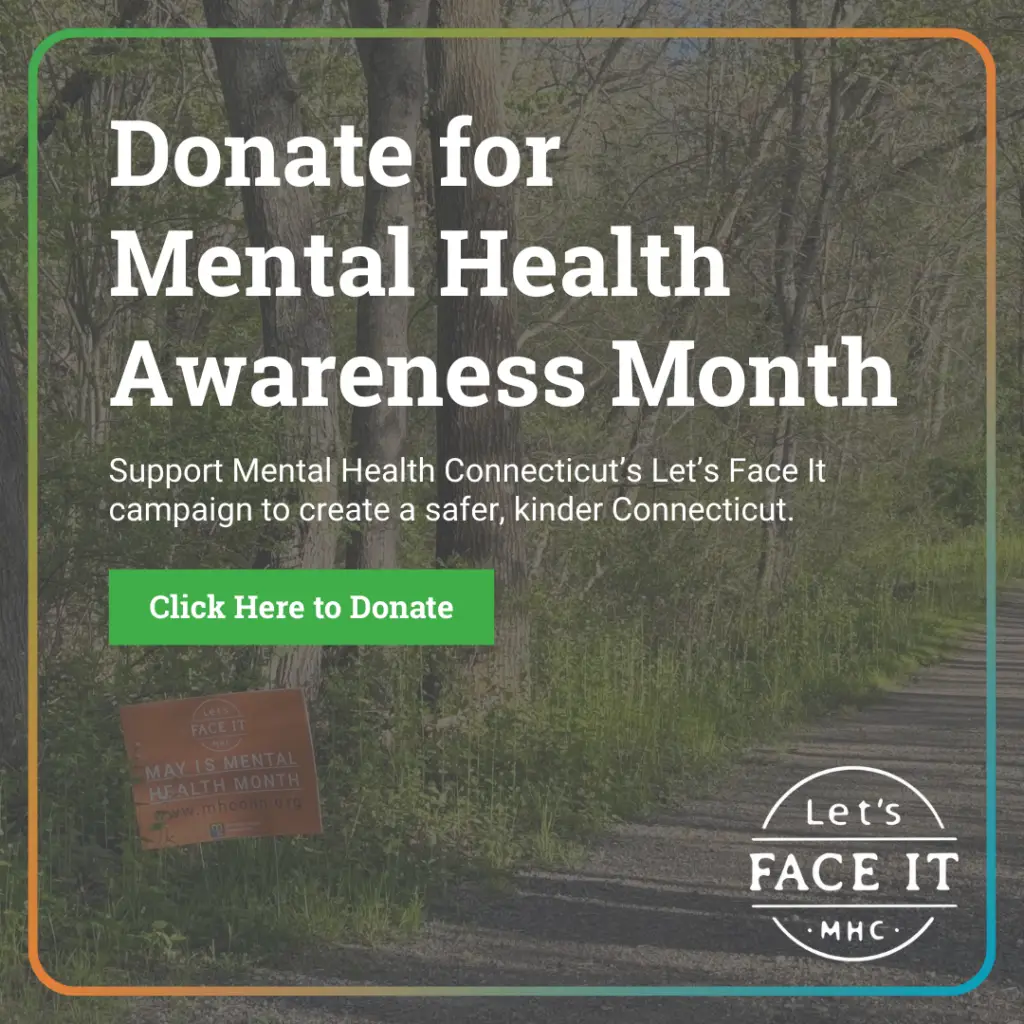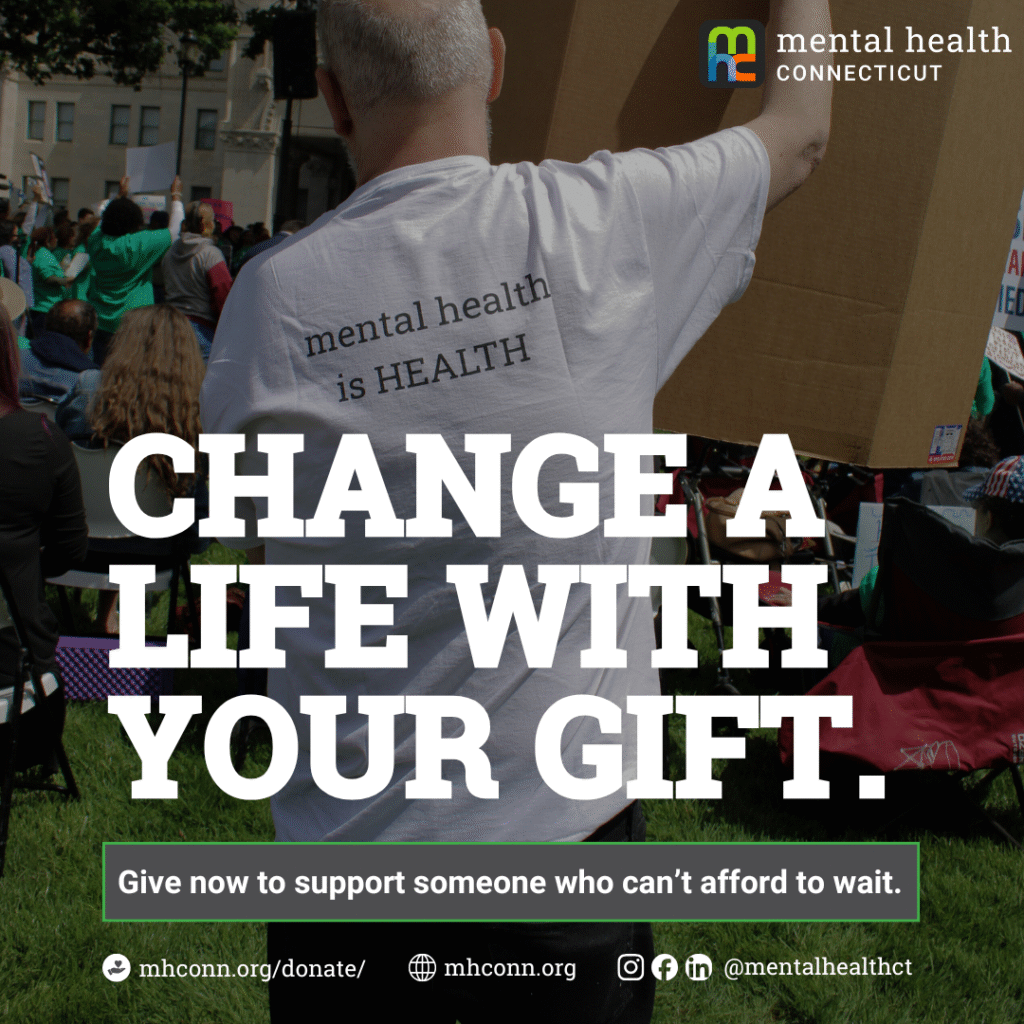Mental health is essential for everyone, but for deaf and hard-of-hearing (DHOH) individuals, the journey toward wellness is often met with additional barriers. While society has made strides toward greater inclusivity and awareness, mental health care still falls short in providing equitable and accessible services for DHOH communities.
As Deaf History Month draws to a close, it’s imperative to acknowledge the historical and cultural context of the DHOH community, particularly in Connecticut. Our state is home to the American School for the Deaf, founded by Thomas Gallaudet in 1817. This institution is the first permanent school for individuals who are deaf in the United States. Today, Connecticut has one of the largest DHOH populations in the country. This history emphasizes the importance of inclusion and reinforces the urgent need to ensure equitable mental health care for all community members. Considering this, it is essential to highlight the unique mental health challenges faced by DHOH individuals and to explore more effective strategies for addressing them.
Understanding the Challenges
Communication is central to mental health care. Whether through talk therapy, group counseling, or psychiatric evaluation, most mental health support relies heavily on verbal expression and comprehension. This can pose a significant challenge for DHOH individuals, particularly those whose primary language is American Sign Language (ASL).
Imagine reaching out for help only to find that no one in the room speaks your language. That’s the reality for many DHOH individuals when seeking mental health care. Interpreters may not always be available, and even when they are, some DHOH individuals might not feel entirely comfortable sharing deeply personal experiences through a third party. Others may encounter misdiagnosis due to communication misunderstandings or cultural differences.
The Impact of Isolation
Social isolation is another compounding factor. Many DHOH individuals grow up in environments where they are the only ones in their family or school who are deaf. Without access to a community of peers who share their experiences, it’s easy to internalize feelings of loneliness, exclusion, and even shame.
This isolation can lead to higher rates of depression, anxiety, and trauma-related disorders. Research indicates that DHOH individuals are more likely to experience adverse childhood experiences (ACEs), such as neglect and abuse, compared to their hearing peers. These traumas often remain unrecognized and untreated due to inadequate access to culturally competent mental health resources and services.
Breaking Down Barriers
The good news is that change is possible and is already happening in some areas. Mental health professionals are increasingly trained to understand Deaf Culture, collaborate with interpreters, and provide ASL-fluent services. When supported by video relay services, telehealth can also make therapy more accessible for sign language users.
Organizations like Mental Health Connecticut (MHC) are leading the way in promoting inclusive and community-focused mental wellness. Through education, advocacy, and direct service programs, MHC ensures that mental health support is accessible to all, including individuals with unique language and communication needs. By supporting culturally and linguistically appropriate care, MHC helps remove barriers that prevent DHOH individuals from receiving the mental health care they deserve.
However, more work needs to be done. Enhanced mental health training for ASL-fluent professionals, more accessible crisis lines (including text and video options), and greater awareness of the mental health needs within the DHOH community are just a few areas requiring increased focus.
How You Can Help
Whether you are a mental health professional, an advocate, or someone who cares, you can contribute to change. Educate yourself about Deaf culture, support legislation that funds accessible mental health care, and, most importantly, recognize that mental wellness must be inclusive.
For individuals seeking immediate support, various resources are specifically designed to provide culturally and linguistically appropriate care for the DHOH community:
- Crisis Text Line has a partnership with Gallaudet University and the Deaf community. Text the word DEAF to 741741 and be connected with a crisis counselor.
- 988 provides 24/7 crisis support. Call 988 with a video phone or use their web portal at https://988.aslnow.io/phones/100030001.
- National Deaf Domestic Violence Hotline answers videophone calls and emails 24/7. Call 855-812-1001 or email [email protected].
- DeafLEAD provides 24/7 crisis intervention, advocacy, case management, interpreting, and mental health support services to victims of crime who are Deaf, hard of hearing, DeafBlind, and late-deafened individuals and their families. Call via videophone at 321-800-3323 or text the word HAND to 839863 to be connected with a crisis counselor.
MHC also provides critical advocacy and resources to advance this mission. Visit us at www.mhconn.org to learn more.








